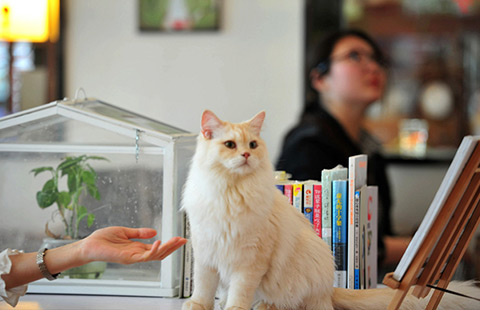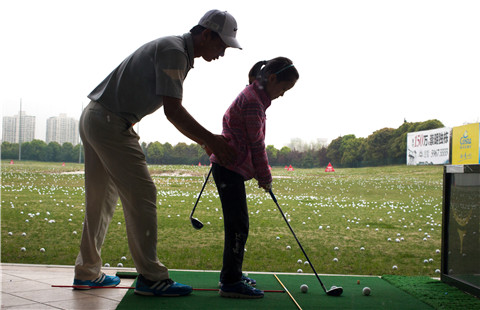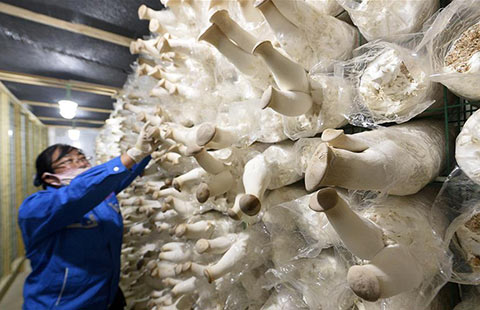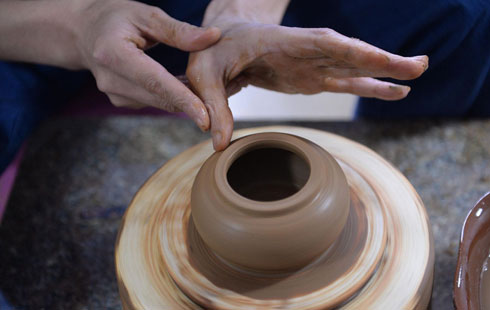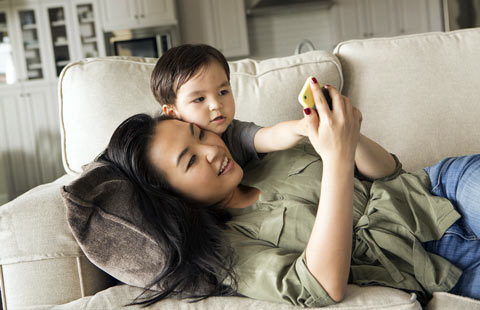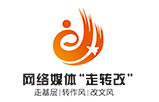Nanny sector needs more supervision, regulation
By Meng Fanbin (China Daily) Updated: 2015-09-01 07:40I was told that even in a first job, such a helper can expect to earn at least 7,000 yuan ($1,100) per month in Beijing.
In contrast, an experienced domestic servant, who cleans houses and cooks meals, earns around 3000 yuan every month.
Zhao Erni, the 49-year-old lady who took care of my son a year ago during my month of confinement at home, cost me 12,000 yuan a month, higher than my own salary. She was entitled to another 500 yuan per month "bonus" if she received no complaints from us.
Moreover, my mother-in-law cooked and cleaned for the whole family, including Zhao, whose sole job was to look after me and the baby.
I read a piece recently written by one young mother, who said the nanny she hired had acted like "a queen" during her stay.
"She insisted on being provided with the best fruit and bottled mineral water every day. My own mother went without, to save money. She bossed us around, talked to us as if she was an expert on everything, and never took instructions."
Not all the money we paid Zhao went into her own pocket, though.
She kept 7,000 yuan, and the rest went to an agent who got her the post in the first place.
The companies involved often have strong contacts in maternity hospitals or the local health authorities, who provide them with a steady stream of clients, for a fee.
But the confinement nurse training provided by these companies might last only about a week, and again, there is a fee involved for those taking the courses.
Because of the high salaries involved, many women of all ages have been queuing up to land nannying jobs.
When they start work, there have been stories of poor hygiene, bad manners, but much more seriously, of nannies with little or no actual nursing knowledge, or even those carrying infectious diseases or suffering from mental illness.
After I gave birth, I was sharing a room with two other new moms in the hospital, one of whom already had her own confinement nurse helping her.
This 40-year-old woman wrapped up the newborn in a thick cotton quilt on that hot summer day at one point - something our doctors had underlined not to do, because babies' heat tolerance is so poor. Her error was quickly corrected, luckily.
This issuance of national quality standards is a good first step toward much-needed regulation of the sector, in which of course there are some excellent nurses operating, too.
But I would urge the government to ensure that concrete rules and laws are introduced as soon as possible, so the sector is awarded the level of controls it so desperately deserves.
- Quotable quotes on China's April exports, imports data
- China stocks plunge again as hopes for economic recovery fade
- Texas pipe plant to boost Chinese FDI
- Coach seeks to beat European brands
- BMW looks to young for China's future
- Lensman Jason Bell sees China as land of creative fashion ideas
- NEV plans get a head start
- Telecom operators saved subscribers $6b by boosting internet speed, cutting fees

